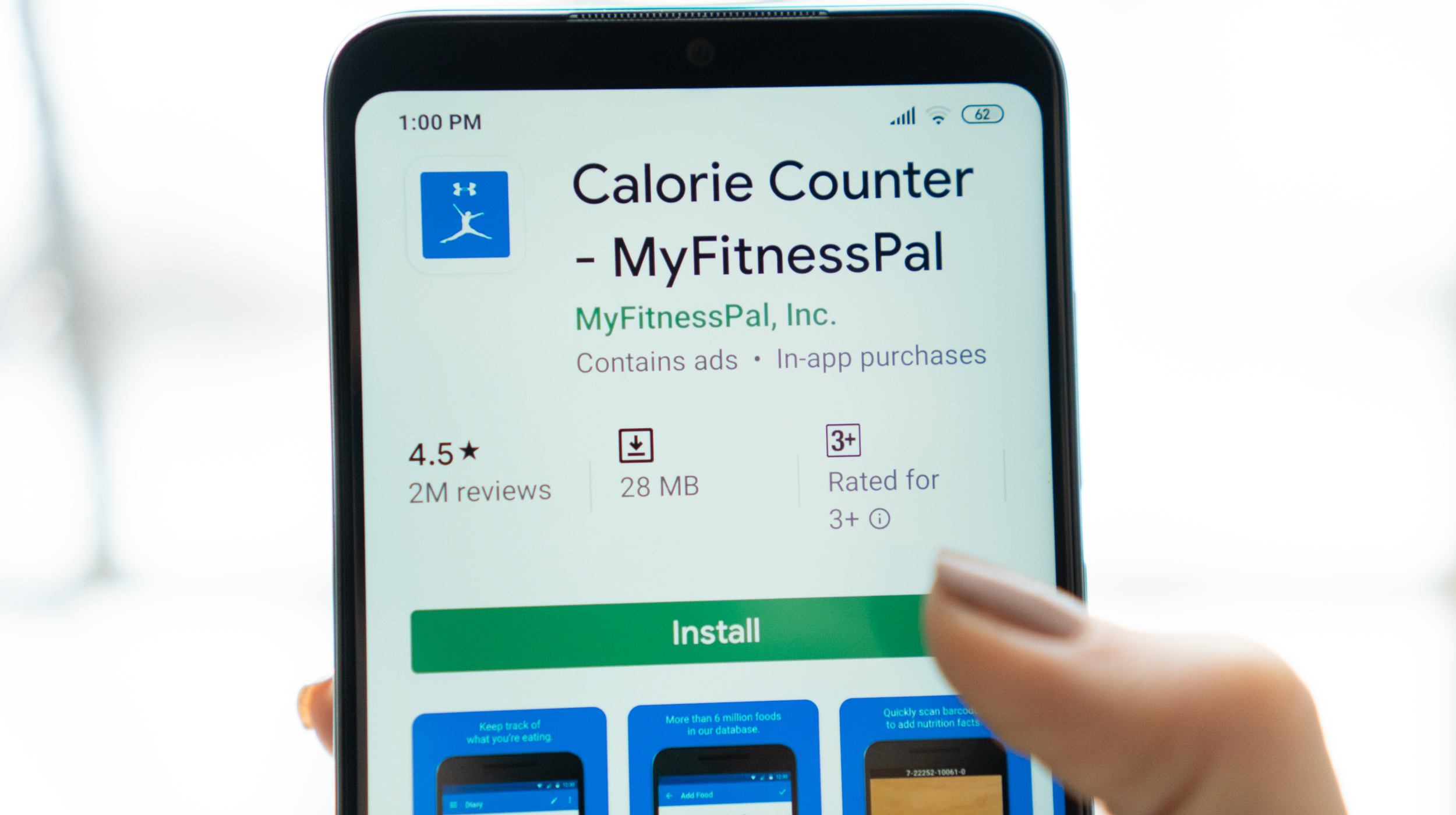What Makes Tracking Macros Ineffective
Apr 17, 2020 mindpumpIf you listen to almost anyone in the fitness industry, you’ll likely hear them talk about tracking macronutrients. It is basic science that tracking your macros helps you lose and gain weight. You are controlling how many calories you are consuming, and where those calories come from. So, it’s natural that using this tool is constantly being promoted. Tracking macros gets you the results you want, plain and simple. But, if you listen to Mind Pump, you’ll quickly learn that counting your macros is not always the most effective method. I’m going to tell you why tracking macronutrients can be ineffective…
Your Diet Is Still Unhealthy
The problem with tracking your macronutrients is that people tend to eat whatever they want so long as they hit their targets. This concept is called “if it fits your macros,” or IIFYM. You’ll see some fitness influencers post on Instagram donuts and pizzas they are eating weekly. Well, they are manipulating their macros to fit in these types of foods. The purpose of tracking your macros is to reach a personal goal you may have. Maybe that means weight loss, or maybe to become more aware of your nutrition. If you only focus on hitting your macros and not where those calories are coming from, you are missing the point entirely. This takes away from the importance of micronutrients and making healthier food choices in general. Now, I’m not saying to stay away from junk food forever. It is okay to have a donut when you’re counting macros. But the best thing you can do for yourself if you do track, is to focus on eating whole, balanced meals. This will help you get results in the most efficient way without compromising your overall health.
You’re Working Against Your Body
When you are tracking your macros, your diet becomes very structured. Maybe you struggle with hitting your protein goal, so you must make sure you eat a high protein snack every three hours. Sure, this helps you be successful and stay on your protein intake, but are you actually hungry every three hours? Probably not. Unless you are extremely active, it is highly unlikely that your body is craving more protein every 3 hours. Counting your macros makes it hard for you to listen to your body’s natural signals. There is no better coach than your own body, and if you don’t listen, the signals will only get louder. If you are someone who tracks your macros and feel tired all the time or it’s affecting your sleep, you might want to take a break from tracking. Take some time to practice listening to your body again.
It Brings More Stress to Your Life
Nothing is more important in life than your mental well-being. It doesn’t matter if your goal is to lose 20 lbs of fat or gain 10 lbs of muscle. The structure of counting your macros can keep some accountable for their goals. But for the average person, many do not want to worry about everything they eat and how many grams of protein, fats and carbs there are. On top of your daily responsibilities, it can become very stressful doing this for weeks on end. If you feel more stressed out tracking your macros than not, take a break. Your goals will still be there, it doesn’t mean you failed. If you’re someone who gets stressed out tracking macros, the Mind Pump guys always encourage using these 3 strategies instead:
- Eat whole, unprocessed meals and you’ll naturally stay away from added sugars and oils.
- The best training for weight loss and muscle gain is resistance training.
- Instead of removing, add to your diet. Focus on eating a high protein diet, drink lots of water, and practice adding a serving of vegetables to every meal.







